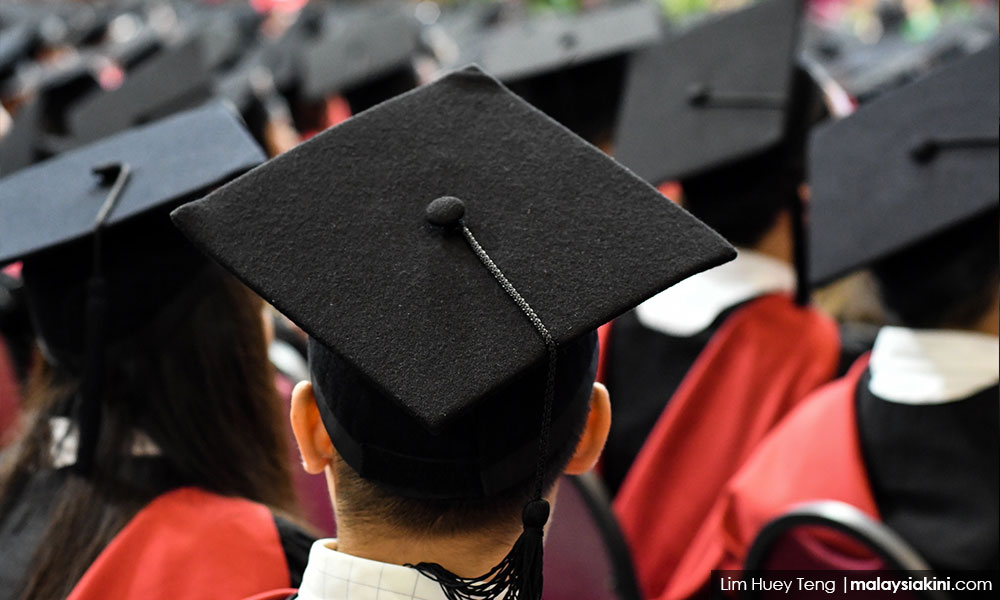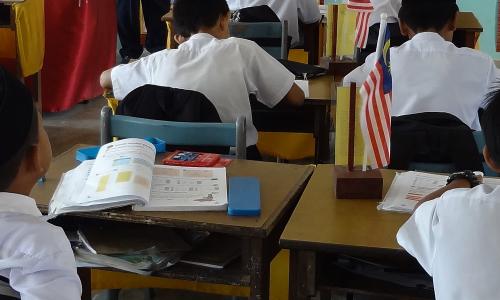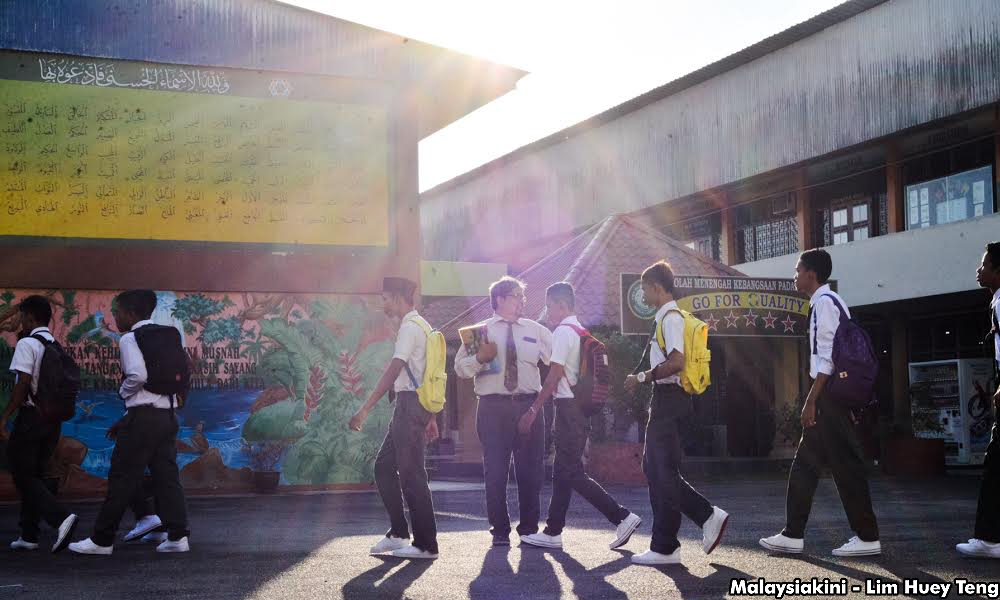What ails the matriculation system?
ADUN SPEAKS | There are multiple pre-university programmes for university entrance in Malaysia. The well-known ones are the STPM and the recent one being the matriculation programme.
The latter was introduced first to increase the intake of Malay students into local universities but some years back a small percentage of places - about ten percent - were accorded to the non-Malays.
This was an ethnic concession made by Umno for MCA and MIC. I understand that as a result of this, yearly, about 1,500 non-Malay students gain entry into matriculation.
Apparently, I was told that the number allocated could have increased over the last two years or so.
Even though a large number of well-qualified non-Malay students took advantage of the opening of the matriculation programme, only a small number actually got in.
There were definite anomalies in the admission method. The admission of non-Malay students was not based on merit alone and other unknown criteria were used in the admission procedure.
Thus, students with lesser qualifications were taken in rather than those with better academic results.
This was the conundrum for some time in the past because there was little or no transparency from the Ministry of Education on the admission procedure.
If today parents and students are raising a hue and cry as to why well-qualified students are not admitted but those with mediocre ones succeed, then the answer is not so much the performance or non-performance of those who applied, but in the mysterious nature of admissions.
In their recent applications, many parents or students were totally unaware of the operation of the quota system which only allowed for the intake of a small percentage of non-Malays.
Secondly, admissions were not strictly based on merit and the use of other criteria meant that students with lesser qualifications could get in.
For some unknown reason, even highly-qualified students were not considered at all. I am not sure about the criteria used, but there is a great deal of secrecy surrounding this matter.
I am also not sure whether the students who were admitted came from the B40 group.
I can understand the need for some degree of affirmative action, but such an application must not be allowed to undermine a universal merit system.
Of course, the matriculation system was introduced during the heyday of the NEP to give preferential treatment for the bumiputera. To ensure an equitable entry of the bumiputera into public universities, a programme like matriculation was needed.
Thus, the genesis of the matriculation programme was not based solely on merit.
Students coming from rural areas were admitted not so much based on merit but just by satisfying minimum academic requirements that were imposed. This was kept away from the public eye.

While the programme was meant to address the lack of educational opportunities amongst the bumiputera, it was never meant for the non-Malays in the first place.
While non-Malay communities welcomed the opening up of the matriculation programme to them, the restricted intake and the uncritical application of affirmative action principles soon proved to be a source of tremendous grievance.
There is nothing wrong in factoring in an affirmative action principle in the admission procedures, but this must be done in a transparent manner. The public must be aware of it.
Everything seems to be shrouded in mystery giving rise to the dissemination of false information.
Given the large number of applicants to the matriculation programme compared to the STPM, it is timely that the present government increases the intake of non-Malay students by at least to 30 percent for next year’s intake.
Perhaps under the new Pakatan Harapan government, there could even be a necessity to remove the STPM route and replaced this with the matriculation route but with improvements.
Furthermore, the B40 consideration cannot be mechanically applied in determining the intake of non-Malay students. Whatever is said and done, without the primacy of merit, student grievances over the programme are going to mount.
Have we gone wrong on matriculation intake?
P RAMASAMY is the state assemblyperson for Perai. He is also deputy chief minister (II) for Penang.
The views expressed here are those of the author/contributor and do not necessarily represent the views of Malaysiakini.
RM12.50 / month
- Unlimited access to award-winning journalism
- Comment and share your opinions on all our articles
- Gift interesting stories to your friends
- Tax deductable

